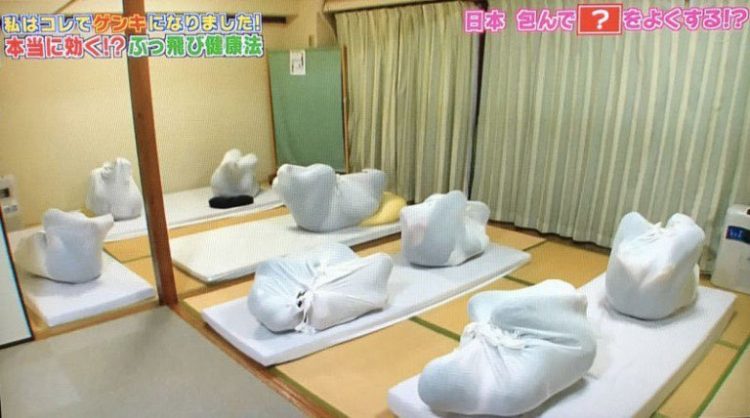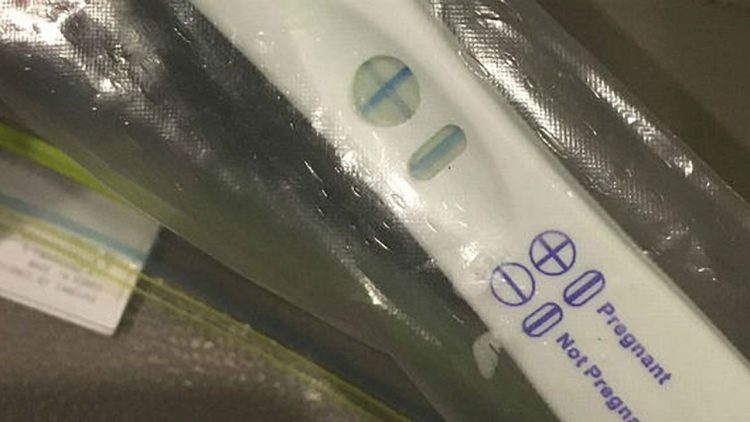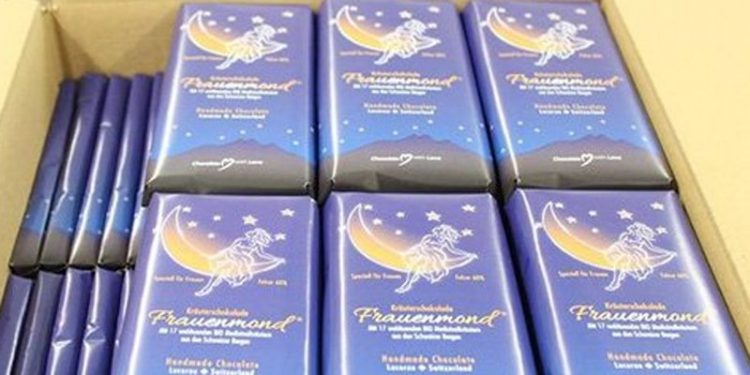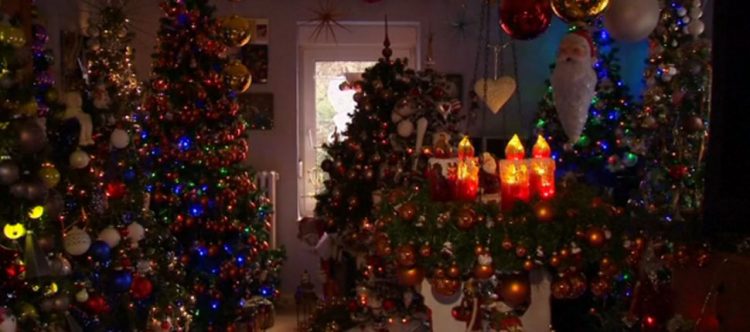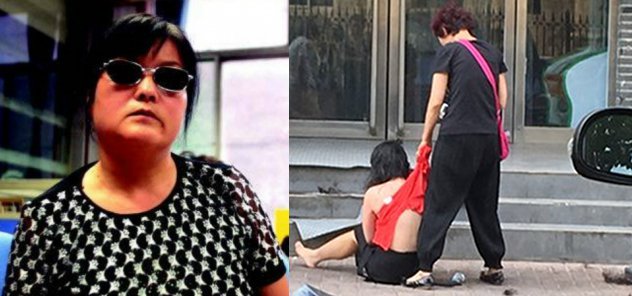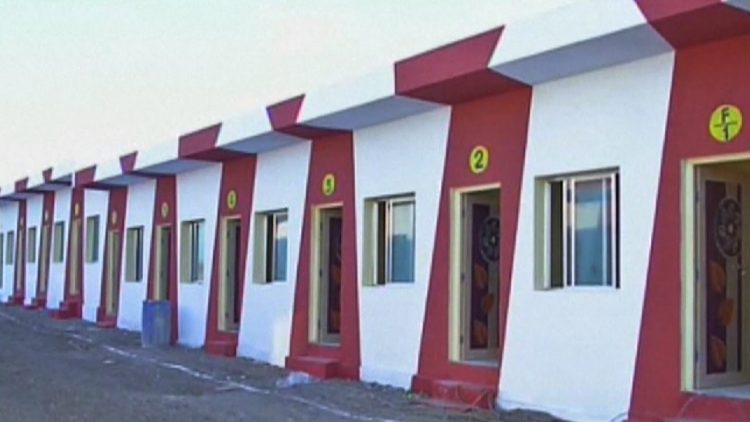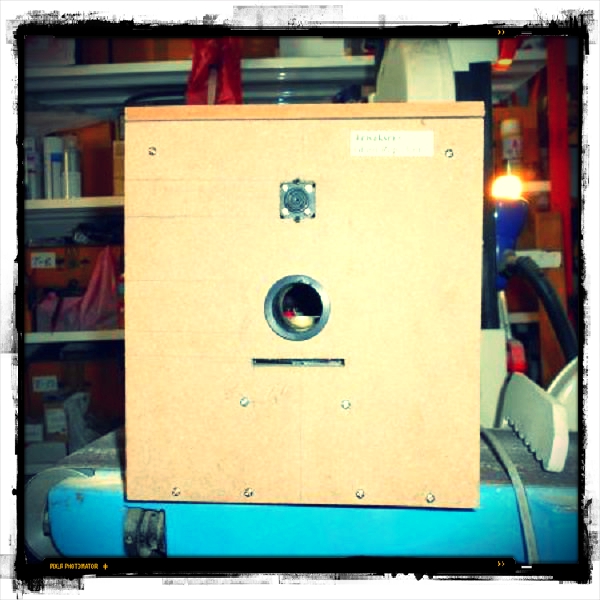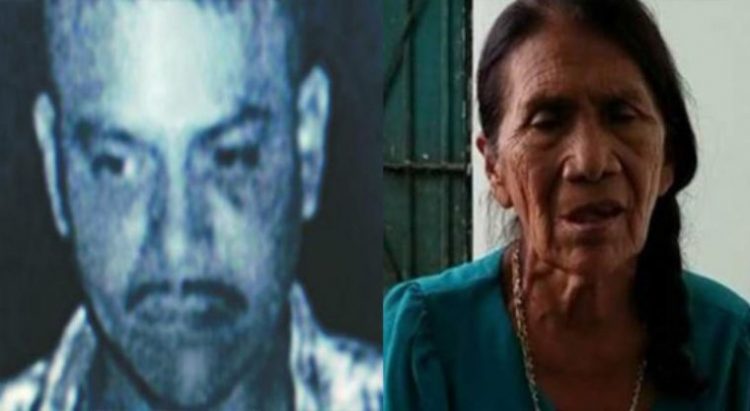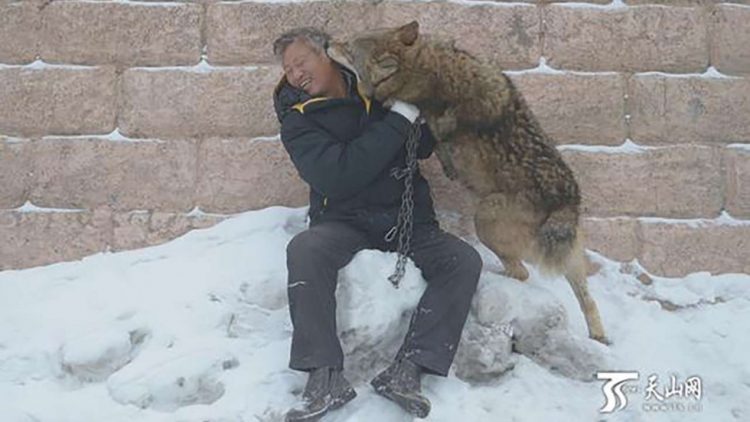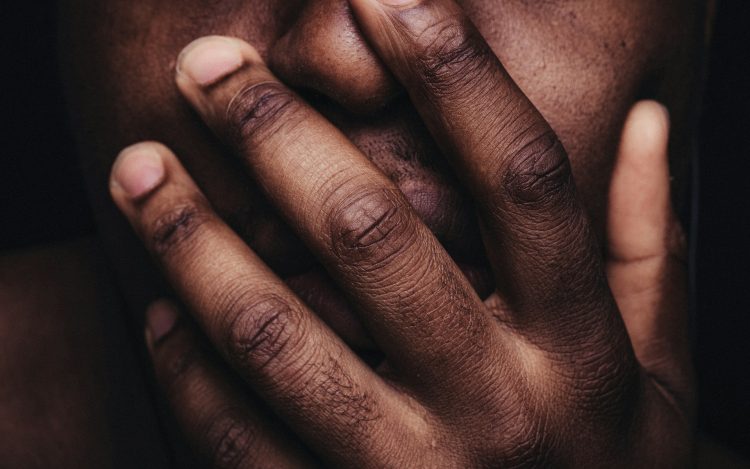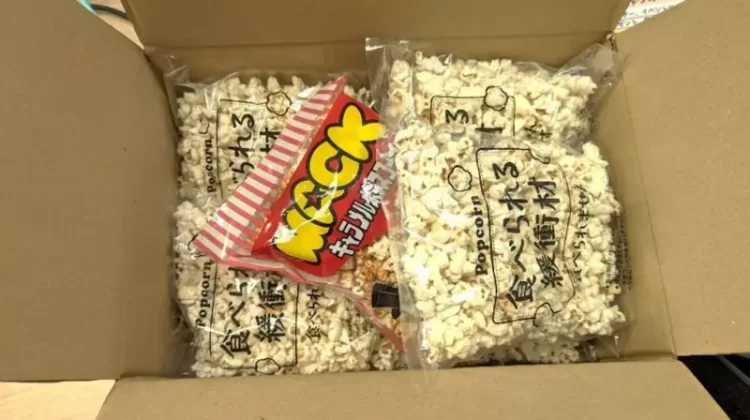Otona Maki, or ‘adult wrapping’, is a Japanese therapeutic method of correcting posture and alleviating body stiffness by wrapping the human body in a large piece of cloth that emulates the comfortable feel of a mother’s womb.
Well-known for their long work hours, many Japanese people develop posture problems and body stiffness. For a long time, getting massages and stretching have been the most popular ways of dealing with these issues, but now someone claims to have come up with an even better solution. Otona Maki is a new and intriguing way of improving posture and making your body more flexible than ever, while at the same time helping practitioners relax by recreating the comfortable feel of a mother’s womb.

